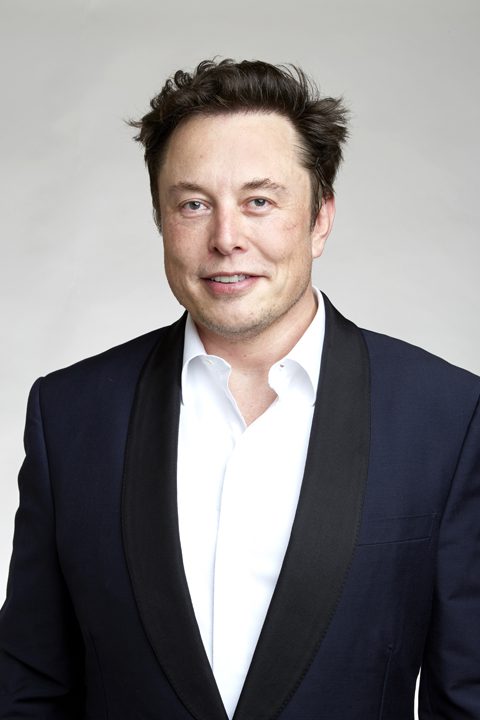Breaking News
Why do you have openly racist ownership laws, Elon Musk question Ramaphosa
It is a “constitutionally mandated legal process that ensures public access to land in an equitable and just manner as guided by the constitution”.

Billionaire Elon Musk has questioned the South African Government for allegedly having what he described as openly racist land ownership laws.
The land issue in South Africa has long been divisive, with efforts to redress the inequality of white-rule drawing criticism from conservatives including Musk, the world’s wealthiest person, who was born in South Africa and is a powerful adviser of US President Donald Trump.
South African President Cyril Ramaphosa last month signed a bill that stipulates the government may, in certain circumstances, offer “nil compensation” for property it decides to expropriate in the public interest.
Pretoria argues the bill does not allow the government to expropriate property arbitrarily and must first seek to reach an agreement with the owner.

Cyril Ramaphosa
However, some groups fear a situation similar to the Zimbabwe government’s seizure of white-owned commercial farms, often without compensation, after independence in 1980.
Responding to Trump’s criticism, Ramaphosa said in a statement on Monday that his administration was not confiscating any land.
“The recently adopted Expropriation Act is not a confiscation instrument,” Ramaphosa’s statement said.
It is a “constitutionally mandated legal process that ensures public access to land in an equitable and just manner as guided by the constitution”.
“We look forward to engaging with the Trump administration over our land reform policy and issues of bilateral interest,” it said.
Writing on X, Musk asked Ramaphosa: “Why do you have openly racist ownership laws.”
Musk was born in Pretoria on June 28, 1971, to an engineer father and a Canadian-born model mother, leaving the country in his late teens. The formal policy of apartheid lasted until 1990, and multi-racial elections were held in 1994.










